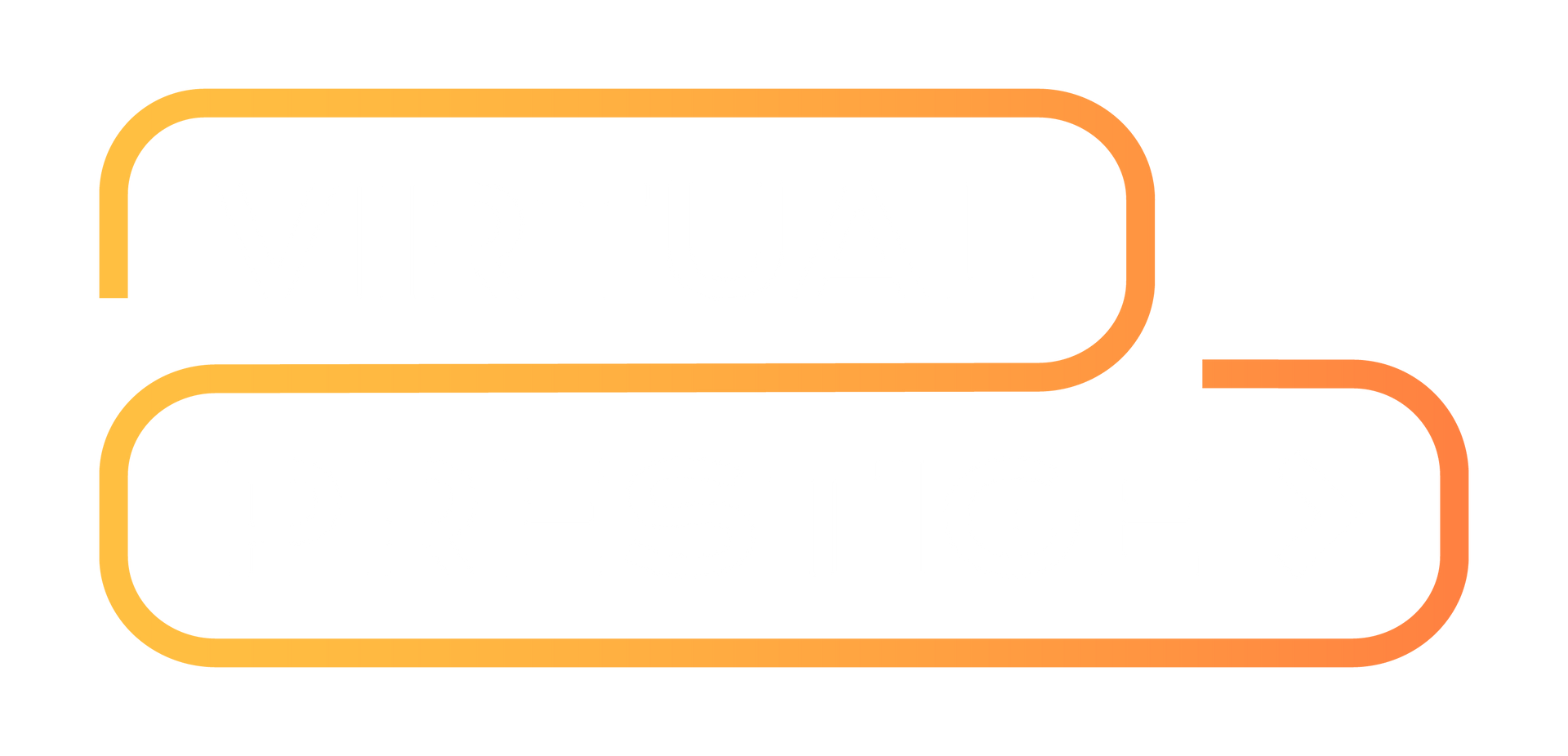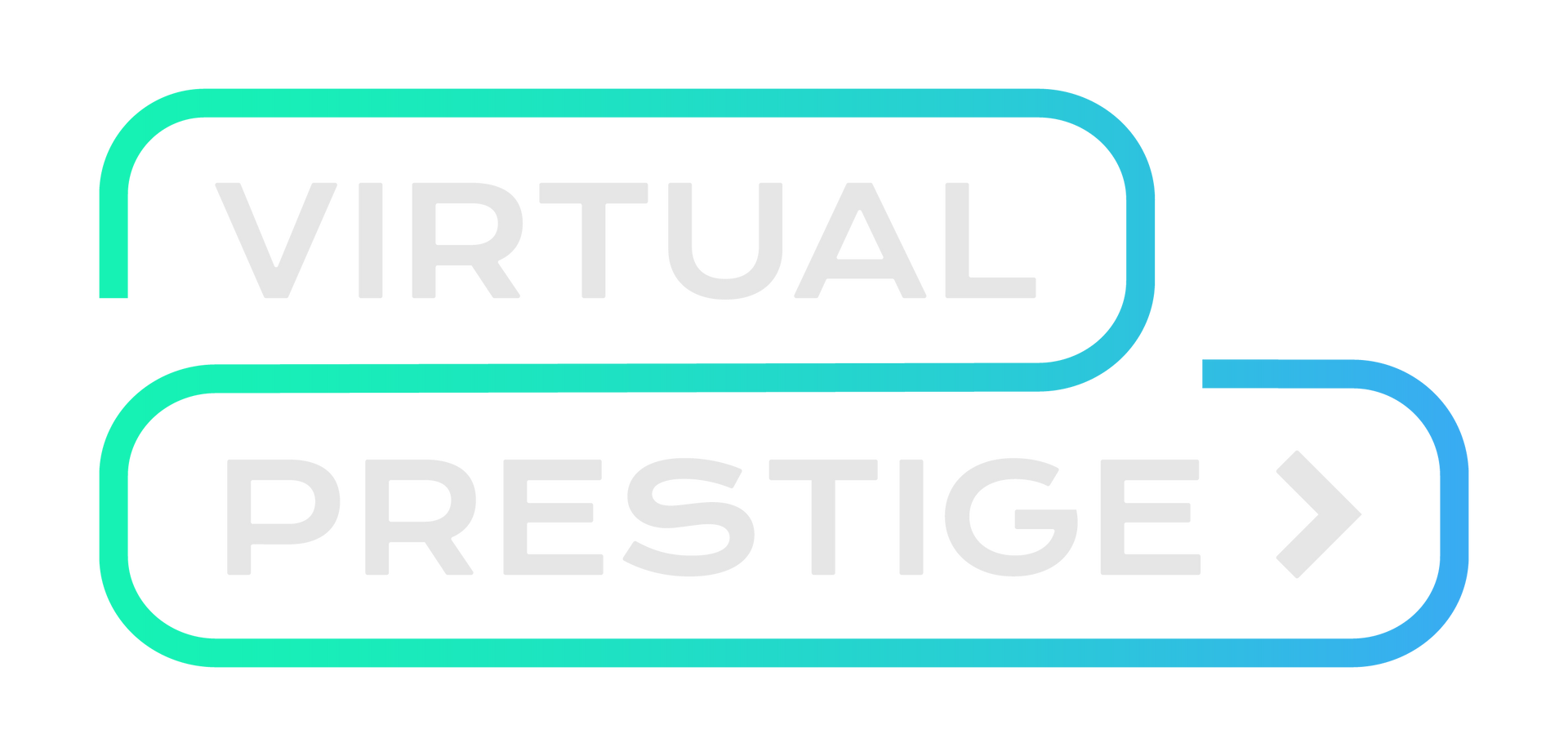The Lost Art of Board Meeting Minutes
With digital technology, transcription software and AI continuously evolving, for some, it's never been easier for board meeting minutes to be produced without the need of a notepad and pen. Whilst progression and innovation can be an amazing accomplishment, it still has it's flaws. A human is still required to press the buttons and proofread the final result. Anyone who has used transcription software has probably had at least a few laughs at the odd word that makes no sense, or in some cases might even be a bit cheeky! And if too many people are all speaking at the same time, transcription can be tricky for software to follow and automate.
Many companies still seek out the more formal approach to their board meetings and want a note taker in the room with them. But as with all things that get innovated or automated, and even the cost element for either having software or a person, short hand and minute taking is gradually becoming a dying skill. Many secretary's, PA's and executive assistants don't have this skill, particularly short hand writing as it's often not a requirement of their job role. More often than not, just knowing what to include in the minutes is misunderstood. Many forms also don't want an employee sitting in on a board meeting listening to confidential information. This then leaves it to the board to write their own notes which isn't the most productive or cost effective use of their valuable time.
This can lead to meetings losing their formalities, critical information not being captured and being reliant on memory. But there is an alternative solution which is both time and cost effective.
It's absolutely worth considering engaging a Virtual Assistant. Many VA's in the industry have this valuable and dying skill of minute taking and offer an excellent alternative for any organisation. Let's look at some valid reasons for you to consider this option:
- A VA isn't an employee.
- Not being an employee has plenty of benefits to an organisation, particularly a Social Enterprise of Charity who don't have the resources or funds to pay for an employee to fit into the role.
- No PAYE, pension, sick pay or holiday pay to worry about. A VA is typically responsible for their own taxes and income as a self employed person.
- VA's will have a code of ethics about confidentiality. It's also really unlikely they will know or even interact with any of your employees, so any information will stay strictly confidential.
- Having an external person partake in the meetings to take notes will provide a sense of formality that a lot of organisations will desire to keep them on track and to task.
- Whilst a VA by the hour may seem an expensive option, this is a bit of a myth when taking all of the above into consideration, and if that doesn't convince you:
- They are experienced and fast in the production of meeting minutes.
- More cost effective in comparison to a board member writing up the notes.
- Meetings don't need to be so lengthy waiting for a board member to keep up and write notes while trying to participate in the meeting at the same time.
- Helps keep the momentum and meeting pace consistent.
- Able to help the board prep for the meeting in gathering board papers and the agenda.
The option of having a Virtual Assistant is definitely worth a board considering and something we can support at Virtual Prestige. We cater for all sizes of business both privately owned and in the Social Enterprise and Charity sectors.
Kate Baines
kate@virtualprestige.co.uk







